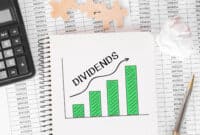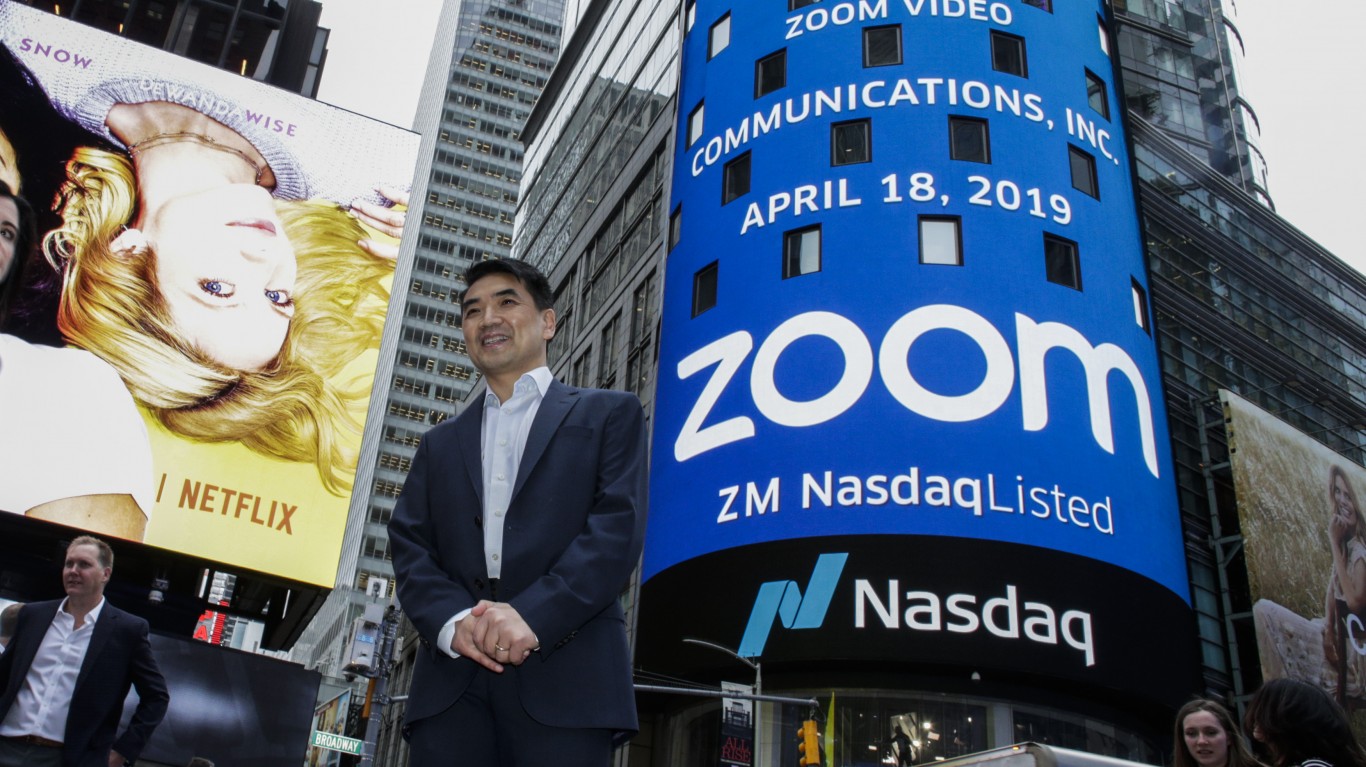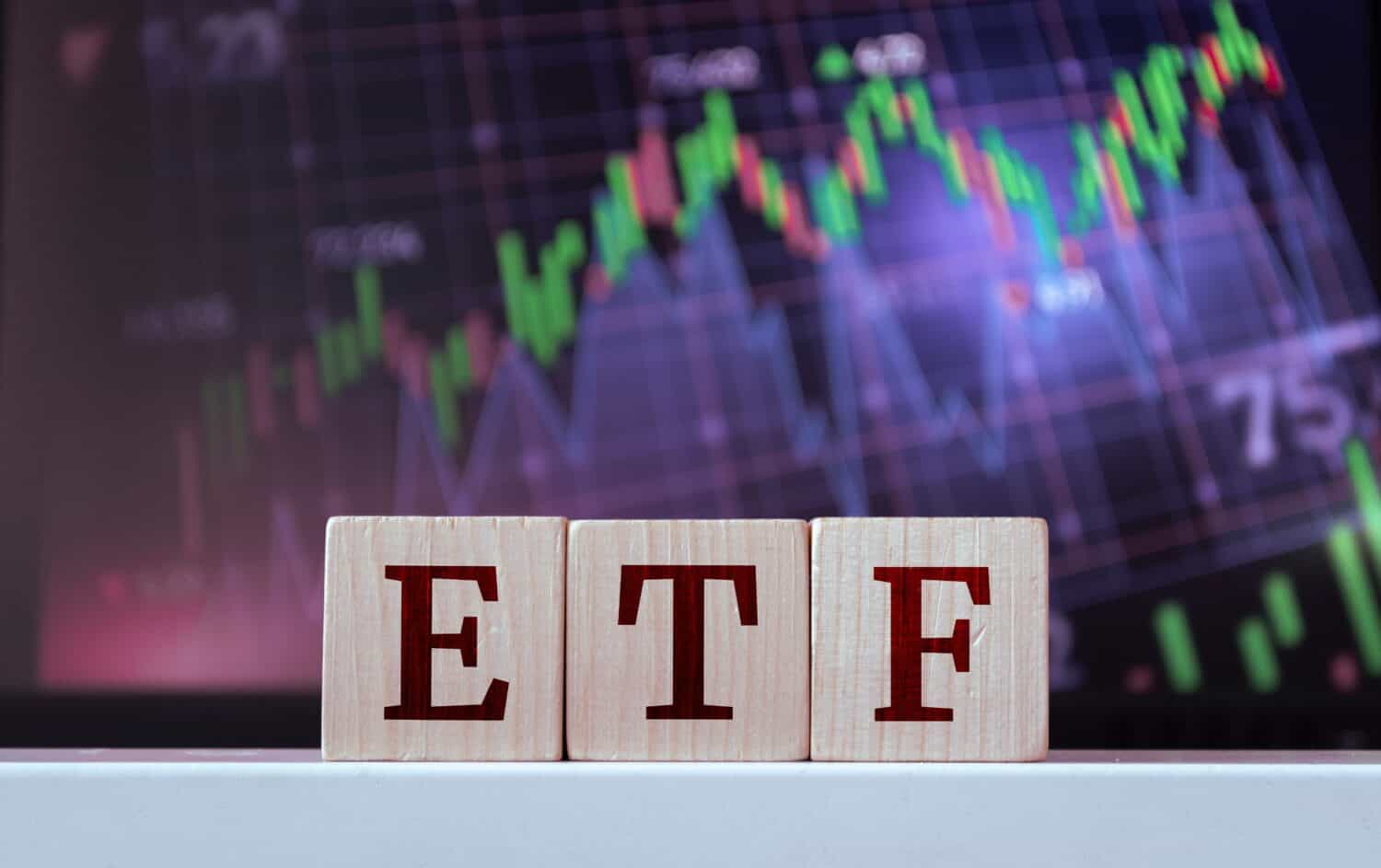
There are many different types of investors out there. Some prefer active management, choosing to pick individual stocks with the goal of beating the market and providing outsized returns over the long-term. Some very famous investors have done so (for very long periods of time), and there are plenty of strategies available to such investors to do so.
However, even for many of the most prominent active investors, having some exposure to index-tracked exchange traded funds (ETFs) can be a good move. Such ETFs allow investors to benefit from a highly-diversified basket of stocks at relatively miniscule fees, taking the guesswork and homework out of picking stocks and allowing investors to simply put a certain amount of money into the market on frequent intervals, to take advantage of the long-term upside of the market.
In this article, I’m going to dive into two of the most popular exchange traded products long-term investors can use to gain passive and diversified exposure to this market.
Key Points About This Article:
- ETFs can play an integral role in providing portfolio stability and ensuring long-term investors remain exposed to the market.
- Here’s a breakdown of two of the most popular such products for such investors to consider right now.
- If you’re looking for some stocks with huge potential, make sure to grab a free copy of our brand-new “The Next NVIDIA” report. It features a software stock we’re confident has 10X potential.
Comparing These Two ETFs
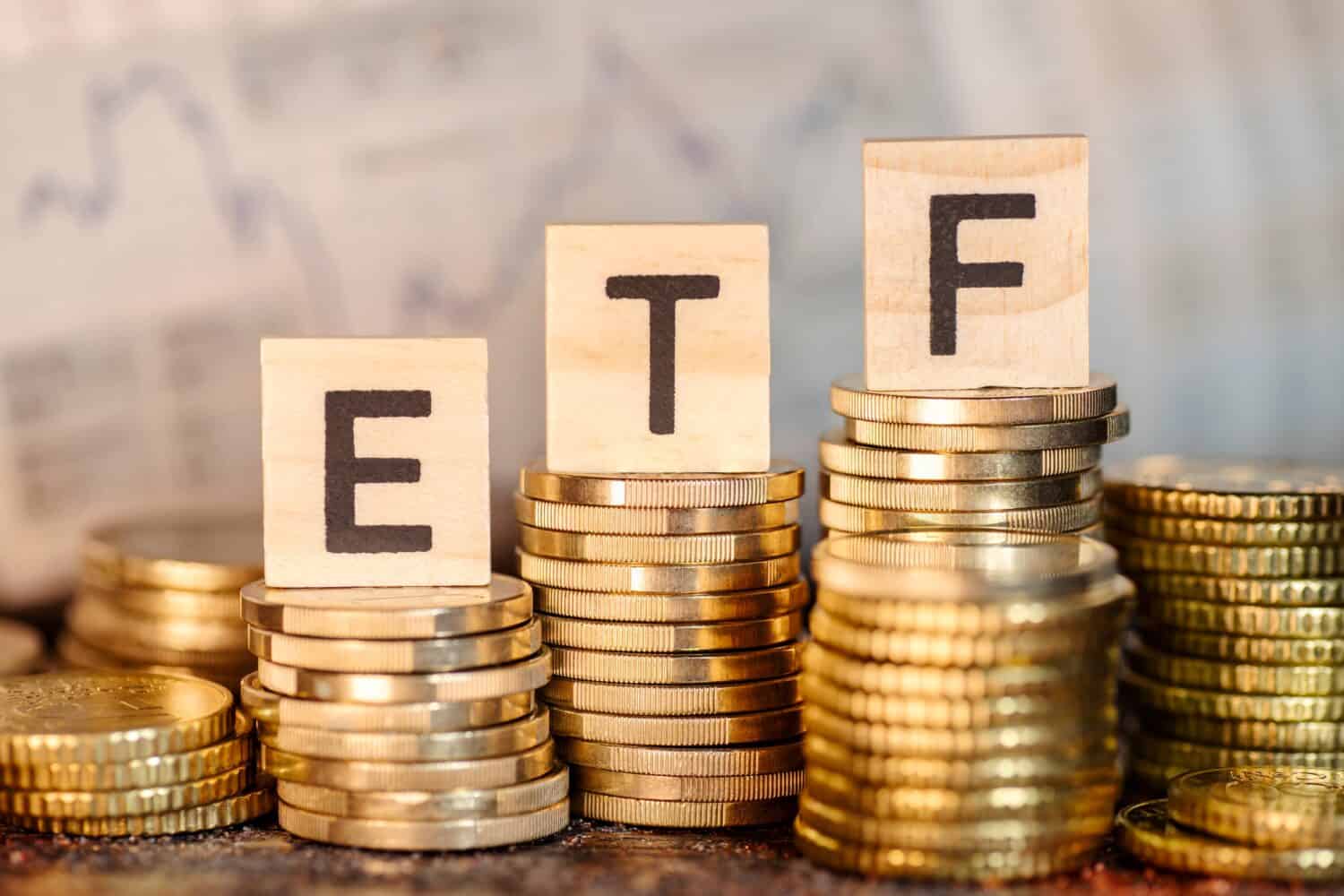
The Vanguard Total Stock Market Index ETF (VTI) is comprised of a basket of many companies’ stocks that you can buy into. This particular ETF tracks 100% of the investable stocks in the U.S. stock market. Accordingly, investors who invest in this fund gain exposure to the entire U.S. equities, relative to many other funds that focus on specific industries and sectors, or other global markets. This type of all-encompassing equities ETF is highly regarded by many investors, particularly those who simply want to own the market without the headaches of consistently rebalancing based on performance over time.
However, the Vanguard Total Stock Market Admiral Shares (VTSAX) is set up a bit differently. Like VTI, the VTSAX tracks the entire U.S. stock market. However, this fund is set up as a mutual fund. Investors can think of this particular fund as a giant investment pot that lots of people add their money to, which ultimately gets invested together. The main difference is you can only buy or sell your shares at the end of the trading day, not anytime like VTI. This fund also has a higher management fee, and a higher amount of initial capital is required to access this fund.
Key Differences to Consider
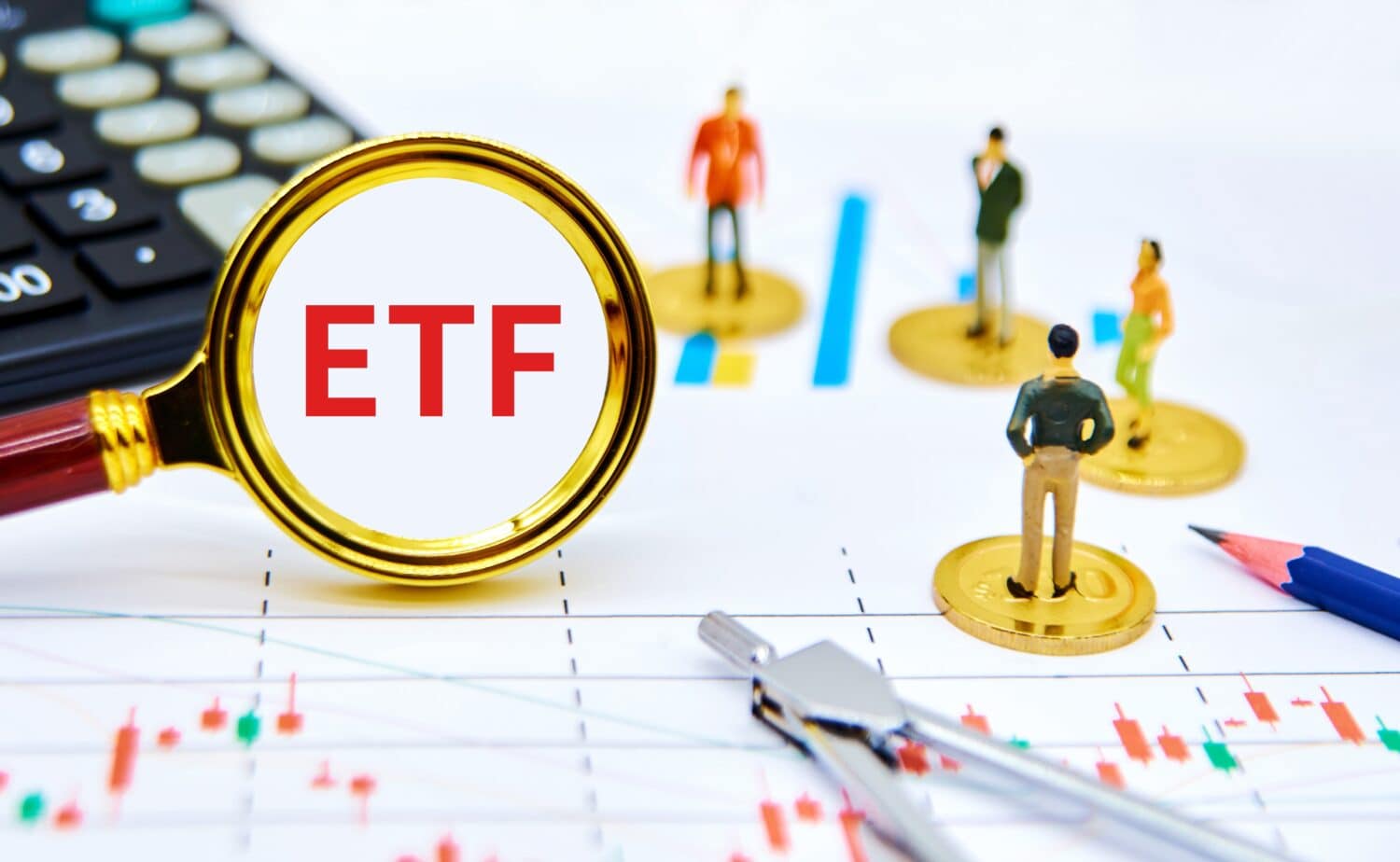
I’ve already highlighted two of the key differences in these funds – one is a true ETF and one is a mutual fund, with different fee structures. However, these structures can appeal to different investors, so it’s important to dive into why a given investor may choose VTSAX over VTI.
The overall structure of VTSAX is such that it allows many retirement plans and other funds to invest over time. So long as an investor can come up with the $3,000 initial investment, this may be a better option for longer-term buy and hold investors. However, as mentioned previously, those who wish to have the added liquidity and ability to trade their holdings intraday may veer toward VTI for this reason alone.
Essentially, both funds are nearly identical in every way, tracking the same index with the same portfolio of assets. And even the management fee differential (0.03% versus 0.04%) is so small it shouldn’t really factor into any meaningful calculation when it comes to long-term returns. It’s really a matter of what your options are with your specific investment advisor or retirement account, and having two options is generally better than one overall.
Which Is the Better Choice?

Deciding between VTI and VTSAX comes down to understanding your own investing habits and preferences. If you’re someone who enjoys the flexibility of making investment moves based on daily market trends, VTI might be the right choice for you. Its ability to be traded throughout the market hours allows investors to react swiftly to changes in the market landscape. VTI is also better for taxable accounts since it typically has lower capital gains distributions.
On the other hand, investors who take a more automatic or “set it and forget it” approach to investing may opt for VTSAX. This fund’s structure is targeted at investors who value simplicity and long-term growth over time, without the need to monitor market fluctuations closely. In addition, VTSAX is preferred in tax-advantage accounts like IRAs and 401(k)s for the tax efficiency of ETFs. That’s why some retirement plans lean this direction, for this reason primarily.
In my view, both are great options. I’d simply start with VTI for its marginally lower MER (by one basis point) and its added flexibility. But any index fund really is a great start for investors looking to add some passive exposure to the market, and these two funds can really be looked at as a toss up, at least in my view. But the biggest differentiator will be what account you are buying the asset for.
Take Charge of Your Retirement: Find the Right Financial Advisor For You in Minutes (Sponsor)
Retirement planning doesn’t have to feel overwhelming. The key is finding professional guidance—and we’ve made it easier than ever for you to connect with the right financial advisor for your unique needs.
Here’s how it works:
1️ Answer a Few Simple Questions
Tell us a bit about your goals and preferences—it only takes a few minutes!
2️ Get Your Top Advisor Matches
This tool matches you with qualified advisors who specialize in helping people like you achieve financial success.
3️ Choose Your Best Fit
Review their profiles, schedule an introductory meeting, and select the advisor who feels right for you.
Why wait? Start building the retirement you’ve always dreamed of. Click here to get started today!
Thank you for reading! Have some feedback for us?
Contact the 24/7 Wall St. editorial team.


